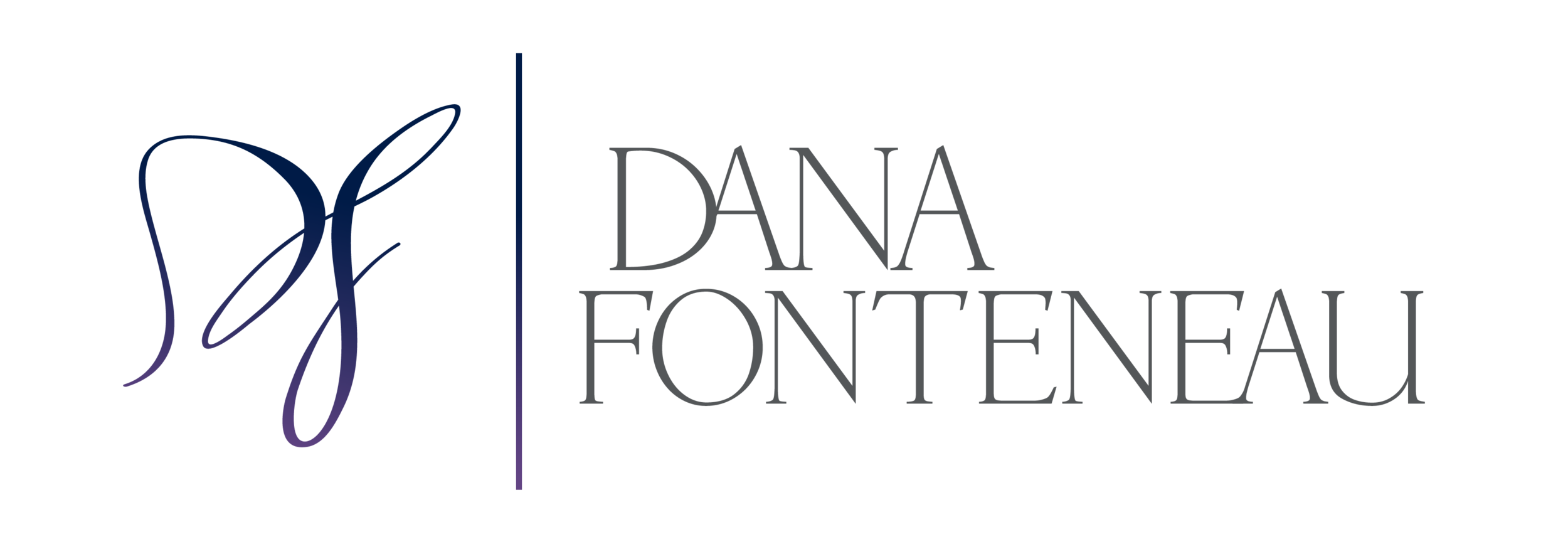Does Entrepreneurship Conflict With Great Artistry?
Is entrepreneurship the kryptonite of great artistry?
So many in artistic education seem to think so.
The usual argument goes something like “why are they focusing on building a website when they can’t even play in tune?”
Merriam-Webster defines entrepreneurship as “a person who starts a business and is willing to risk loss in order to make money.”
This definition could define classical music as a profession really. Just consider the amount of debt young aspiring artists accrue in pursuit of their higher education, summer festivals and audition circuits until they finally win a job or build their own portfolio career.
In my training as a cellist, I spent countless hours diving deep into sound, color, timing, interpretation, balance, expression, technical execution, harmony, music theory and history and much more. It quickly became apparent that my talent, ability and potential were not enough. I had to learn how to rehearse with people and communicate my ideas, expectation and goals. I couldn’t just be a passive aggressive Diva-judging others for being “lesser” musicians or rigid personalities. That burned bridges and created a reputation for being “difficult to work with.”
I also had to learn how to manage time and how to take care of myself as injury and illness were common challenges I experience on tour and going non-stop year after year. It was a 12 month cycle without a break: fall semester-winter festival and concerts-spring semester-summer festivals-REPEAT.
I was already entrepreneurial as a young musician. I formed a professional string quartet while in school. I worked three part time jobs while an undergrad at Oberlin. I created my own concert series in San Francisco the first year after I graduated. I built a private teaching studio and started teaching for the Pre-College at the San Francisco Conservatory while I was in the middle of my first masters degree, not to mention working full time teaching and performing while getting a degree in counseling psychology.
Despite this innate aptitude for creating my own work, I quickly learned that audiences don’t just appear because you rehearsed a lot and played well. And if you do get an audience, it does not mean they will leave a donation to support your cause.
My focus on being a “true artist”-one who creates for the sake of great art- left me with bills I couldn’t pay and audience-less concert halls.
Now that I’ve become a business owner and full time entrepreneur as a educator, coach, consultant, psychotherapist, author and speaker, here’s what I know for sure.
The heart of entrepreneurship teaches you how to find your WHY-that thing you love more than anything that you care about so much that you HAVE to do it.
Most educators in today’s music schools have not had to learn the skills nor have the entrepreneurial skills they see their students being taught today. Easy ways to see this are through their online presence or how they define outcomes for your success.
Entrepreneurship has been reduced to the bare elements of learning how to write a cover letter or apply for a grant, draft a bio, create a website and have a social media presence.
What is often missed all together is that entrepreneurship is a mindset. It is an attitude of mind where an individual takes accountability for their professional life by engaging in how it’s designed, created, maintained and evolved.
Not everyone wants that accountability or personal responsibility. There’s nothing wrong with this unless you aren’t satisfied with the career you end up with based on other people’s decisions.
The pandemic has made it crystal clear that depending on others for your job and financial security is unwise.
What does this all have to do with great artistry?
I believe that there is no separation between the performer and the human.
If entrepreneurship is a mindset of accountability and personal initiative then let’s look at how the skills of great performance are directly relatable to entrepreneurship.
In pursuit of artistic excellence we learn to dive deep into human experience and translate that into a performance or creation. We also learn deep empathy and attunement to other-the composer or director who has that vision to express. We learn how to have deep presence on stage and dial in to our “spidey senses”-where we can almost psychically anticipate the intentions of the other performers, and sense the audience all the way back to the hall. We learn how to adapt and pivot on a dime. We learn about timing and balance and complex layers of sound and expression happening simultaneously. We learn how to translate a score. We learn about stage presence and public speaking and educating others.
And logistically we learn:
time management: whether it’s your practice time, your rehearsal schedule or even your commute
strategic planning: from intention to performance-the steps to getting it done.
negotiating: everything from where and when a rehearsal is, how much you get paid, what you wear, to how you decide on a phrase or whether you take that repeat.
networking: building relationships happens along the way whether you do so consciously or not. Your network comprises who hires you, who recommends you, who you perform with, who comes to your performance, who you hang out with and more
These skills go on and on.
What’s missing in education is teaching students how to transfer the skills they learn as artists/creatives/performers to how they live their lives and create a professional life around it.
It starts by understanding how it all works: what is ACTUALLY required to create a performance, develop an audience and get funding to make it all happen.
It’s time to connect the dots between the performer and the performance.
Entrepreneurship is not an add on of extra-curricular activities that detract from great artistry. It is a mindset and set of skills that empower artists to have a fulfilling and sustainable life in the arts.
